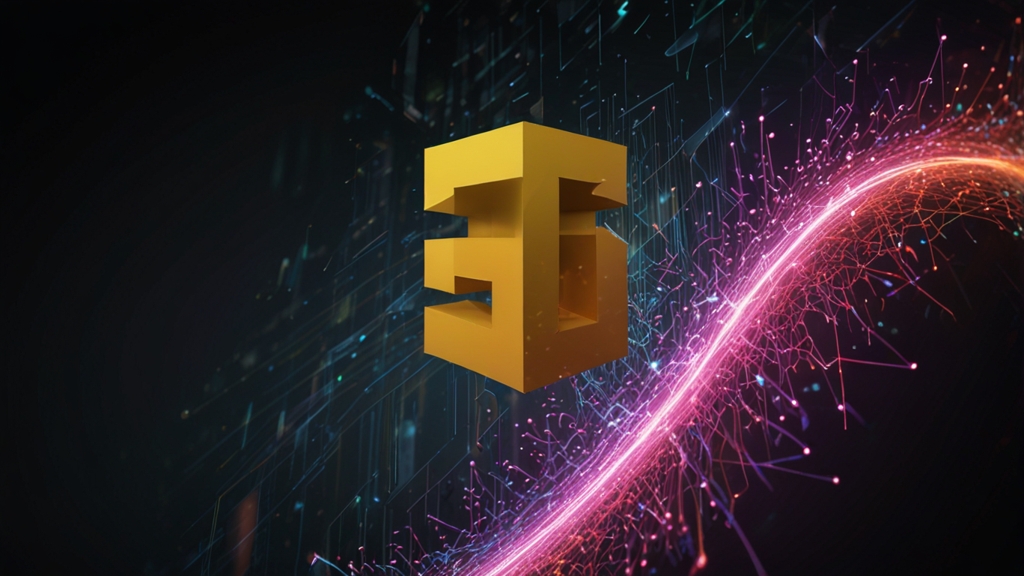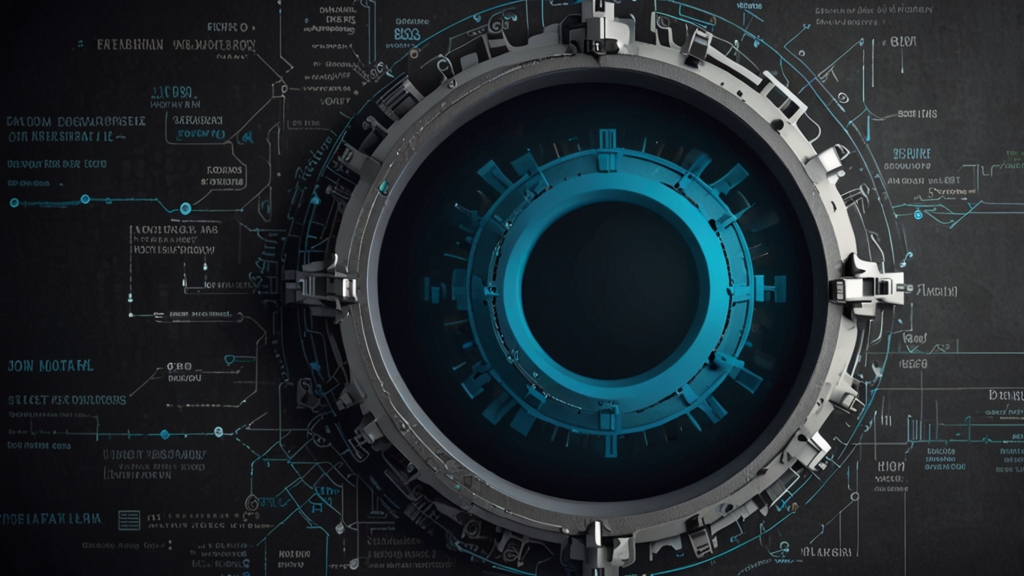Unlocking the Secrets of Effective Skill Acquisition
Whether you're aiming to master a musical instrument, learn a new language, or excel in a professional field, the process of skill acquisition can often seem daunting. Yet, understanding the science and strategy behind learning can significantly amplify your progress. Here, we unravel the secrets of effective skill acquisition, backed by research and practical insights.
Understanding the Learning Curve
The idea of the learning curve is pivotal when discussing skill acquisition. Initially, you'll experience rapid improvement, which gradually slows down as you become more proficient. This deceleration is often referred to as "hitting a plateau." Understanding this allows learners to manage their expectations and remain persistent during slower phases of improvement.
"Success is the sum of small efforts, repeated day in and day out." - Robert Collier
Deliberate Practice: Quality Over Quantity
Not all practice is created equal. Deliberate practice involves focused, goal-oriented practice sessions. It requires:
- Setting specific, achievable goals.
- Seeking immediate feedback to correct errors.
- Concentrating solely on the tasks at hand.
- Stepping out of your comfort zone to tackle challenges just beyond your current capabilities.
By integrating these elements, your practice sessions will become more effective and productive, leading to faster skill acquisition.
The Role of Mindset
Psychologist Carol Dweck's work on mindsets highlights the distinction between a fixed and a growth mindset. Individuals with a fixed mindset believe their abilities are static, leading to a fear of failure and aversion to challenges. Conversely, those with a growth mindset embrace challenges, viewing them as opportunities to grow.
"The view you adopt for yourself profoundly affects the way you lead your life." - Carol Dweck
Adopting a growth mindset fosters resilience and perseverance, making it significantly easier to acquire new skills.
Creating a Conducive Learning Environment
Your learning environment plays a crucial role in skill acquisition. A space that is free from distractions, equipped with the necessary tools and resources, and organized to facilitate efficient practice can dramatically enhance your learning experience.
Consider the following strategies to optimize your learning environment:
- Minimize distractions by silencing notifications and setting up a designated practice area.
- Ensure easy access to all necessary materials and resources.
- Maintain a tidy and organized space to reduce cognitive load.
Utilize the Power of Visualization
Visualization is a powerful tool in skill acquisition. Mentally rehearsing a task can significantly enhance your ability to execute it in reality. Studies have shown that the brain regions activated during visualization closely mirror those engaged during actual performance.
Start by closing your eyes and vividly imagining yourself performing the skill flawlessly. Focus on the details: the sensory experience, the environment, and the precise movements involved. Practicing visualization regularly can complement your physical practice and accelerate skill acquisition.
Embrace Consistency and Patience
Finally, consistency and patience are paramount in mastering any skill. Regular, focused practice over an extended period yields far superior results compared to sporadic, intensive efforts. It's essential to remain patient and trust the process, even when improvements appear marginal.
"It does not matter how slowly you go as long as you do not stop." - Confucius
In conclusion, unlocking the secrets of effective skill acquisition involves understanding the learning curve, engaging in deliberate practice, fostering a growth mindset, creating a conducive learning environment, leveraging visualization, and embracing consistency and patience. By integrating these principles, you'll be well-equipped to master any skill you set your sights on.








